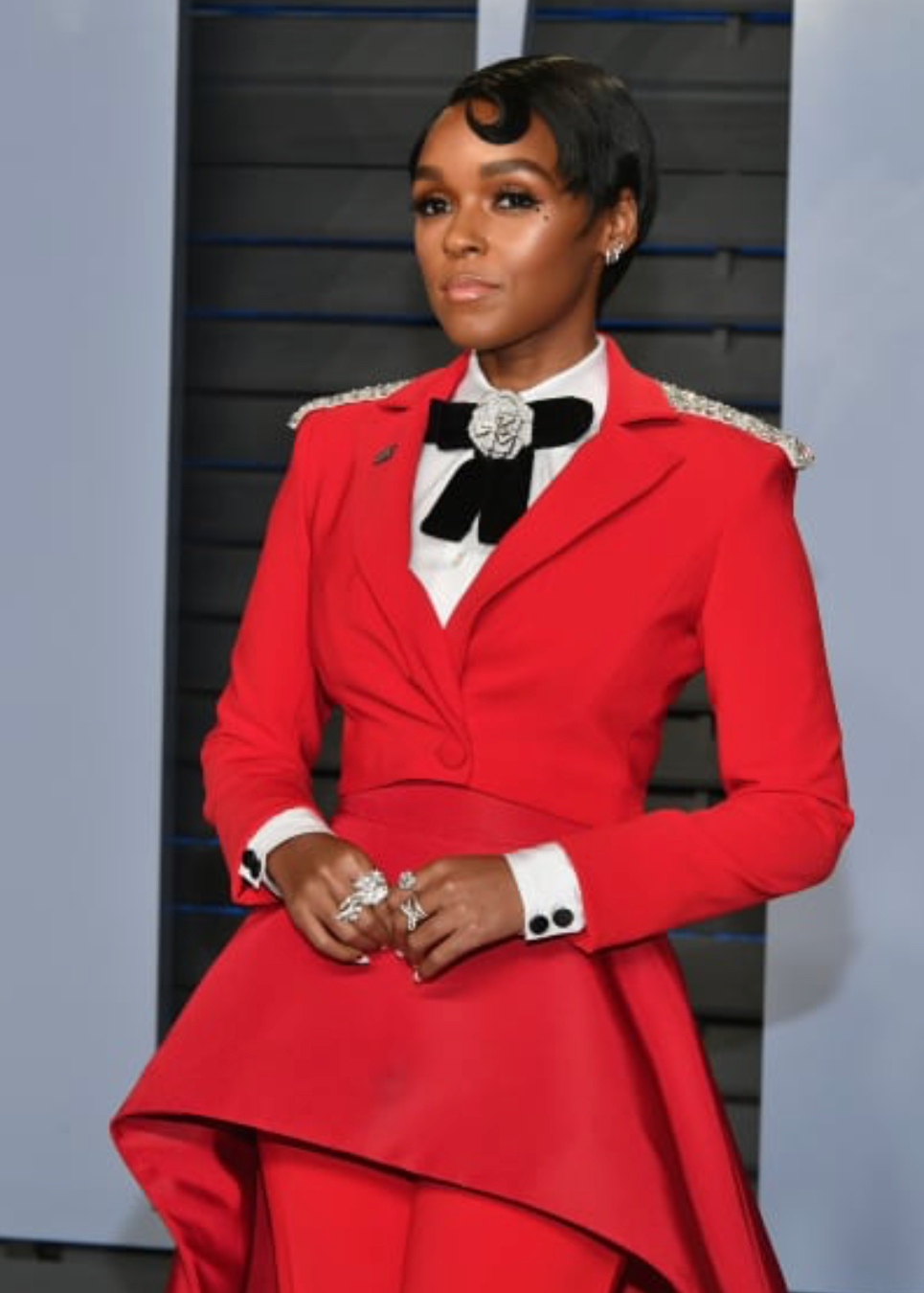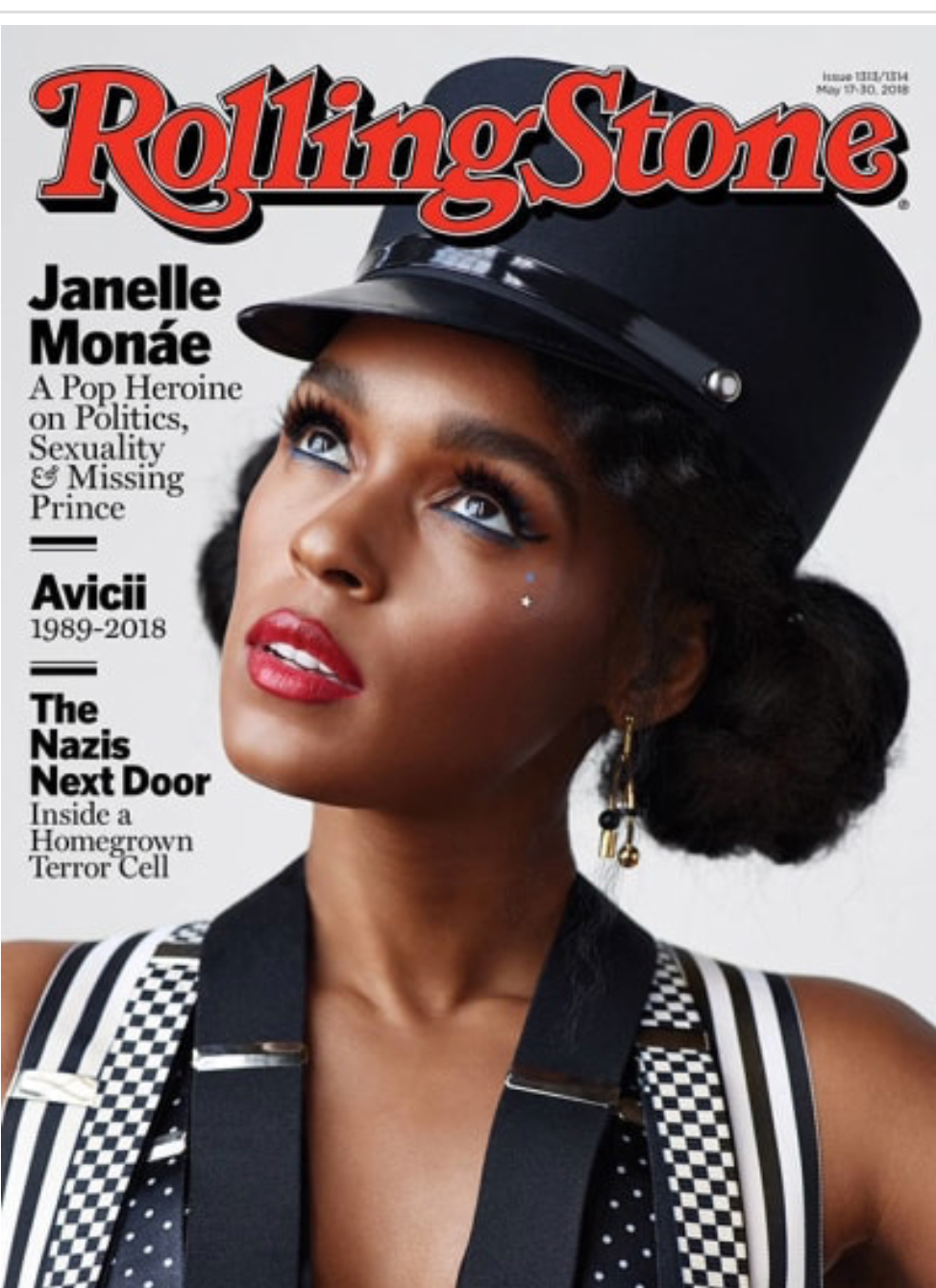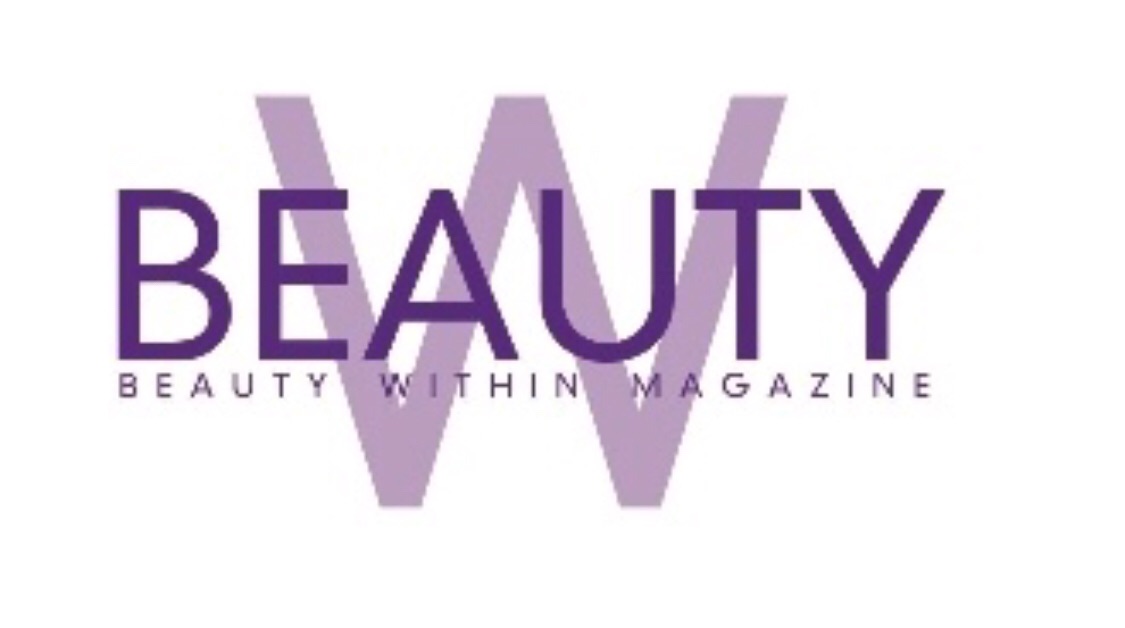Singer and actress Janelle Monáe came out as pansexual. It’s important to have a conversation about sexual identity
As a bisexual, queer person, I am rejoicing over singer and actress Janelle Monáe’s brave decision to come out as a pansexual, queer black woman — and I know I’m not alone. Not only is she proudly living her own truth, she is bringing visibility to others like me whose sexual orientations are often erased or ignored.
When I was coming out as a teenager, terms like pansexual and queer had not yet reached the mainstream. At least, not in the small, two-stoplight North Carolina town where I grew up. At the time, bisexual was the only word I knew to describe my attraction to people of any gender. While I have more recently adopted both queer and bisexual as words that are true to me, I wonder if I would also have embraced pansexual had it appeared in my lexicon earlier.

What many people don’t know is that half of all LGBQ people identify as bisexual, pansexual or queer or describe themselves in similar terms. Yet we are too often excluded or rendered invisible in LGBTQ spaces and in conversations. By using the words pansexual and queer to describe herself, Monáe is showing a wide audience that these identities are as legitimate as they are prevalent.
In her coming out interview with Rolling Stone, Monáe made it crystal clear that she recognizes and embraces the power of her decision. “I want young girls, young boys, non-binary, gay, straight, queer people who are having a hard time dealing with their sexuality, dealing with feeling ostracized or bullied for just being their unique selves, to know that I see you,” she said.

As I can attest, LGBTQ youth, and especially pansexual, queer, bisexual and similar youth, need to hear this from every person in their lives. A survey of LGBTQ youth by the Human Rights Campaign found that only 44% of bisexual youth report they have a family member they can turn to, and nearly one third of bisexual young people said they had been “frequently or often” harassed or called names at school.
Having our sexual orientations affirmed by an influential artist is groundbreaking and worth celebrating. My hope is that this powerful moment of visibility starts an important conversation about these identities, and that we can take a cue from Monáe and say to pansexual, queer and bisexual people — and especially young people — “We see you.”



























